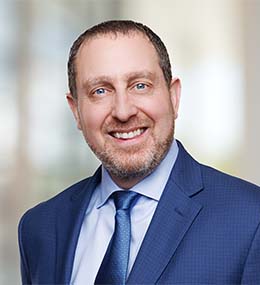Analysis of Economic Impact Veteran Discharge Status Upgrade
Analysis of Economic Impact Veteran Discharge Status Upgrade
Stout develops groundbreaking model that gives the Veteran Advocacy Project empirical data to bolster the case for upgrading a discharge so veterans can receive greater benefits and, ideally, remove the stigma of an unwarranted LTH discharge.
Stout provided Pro Bono services to the Veteran Advocacy Project (VAP) at the Urban Justice Center in New York, which provides legal assistance to military veterans to help remove barriers to treatment, housing, benefits, and more.
Stout helped VAP quantify the economic hardship caused to veterans who leave the military with a less than honorable (LTH) discharge. Often, hard-working service members find themselves being forced to leave the military with an LTH not due to their service record, which is often exemplary, but rather as a result of uncharacteristic behavioral issues or isolated incidents caused by service-related psychological conditions such as depression, anxiety, or post-traumatic stress disorder (PTSD). Veterans with LTH discharges frequently face diminished job prospects, loss of GI Bill and educational benefits, and reduced or eliminated veterans’ benefits including healthcare.
VAP assists eligible veterans with pursuing “discharge upgrade” proceedings with the U.S. military’s discharge review boards. Historically, VAP must argue in defense of veterans using only qualitative or anecdotal data, making their cases more difficult to win. Stout built a quantitative model to estimate the impairment to lifetime earnings for veterans with a LTH discharge, using data from the Bureau of Labor Statistics and studies regarding the impact on the employment prospects of those individuals facing similar circumstances. The groundbreaking model gives VAP empirical data that they can present to review boards to bolster the case for upgrading a discharge so veterans can receive greater benefits and, ideally, remove the stigma of an unwarranted LTH discharge.
"The experience was eye-opening and humbling,” says T.J. Hope, Director, the primary contact at Stout for the project. “Initially, I heard about veterans with a less than honorable or dishonorable discharge and, like a lot of people naturally do, put them in a bucket over here thinking, ‘Oh, this person must have done a really bad thing to deserve that.’ The reality, however, is much more nuanced and complex. The vast majority of vets that received a less than honorable discharge did so due to behavior and grievances that most would consider relatively minor, and resulted from extreme emotional trauma. The impact, unfortunately, is severe and long-lasting."



